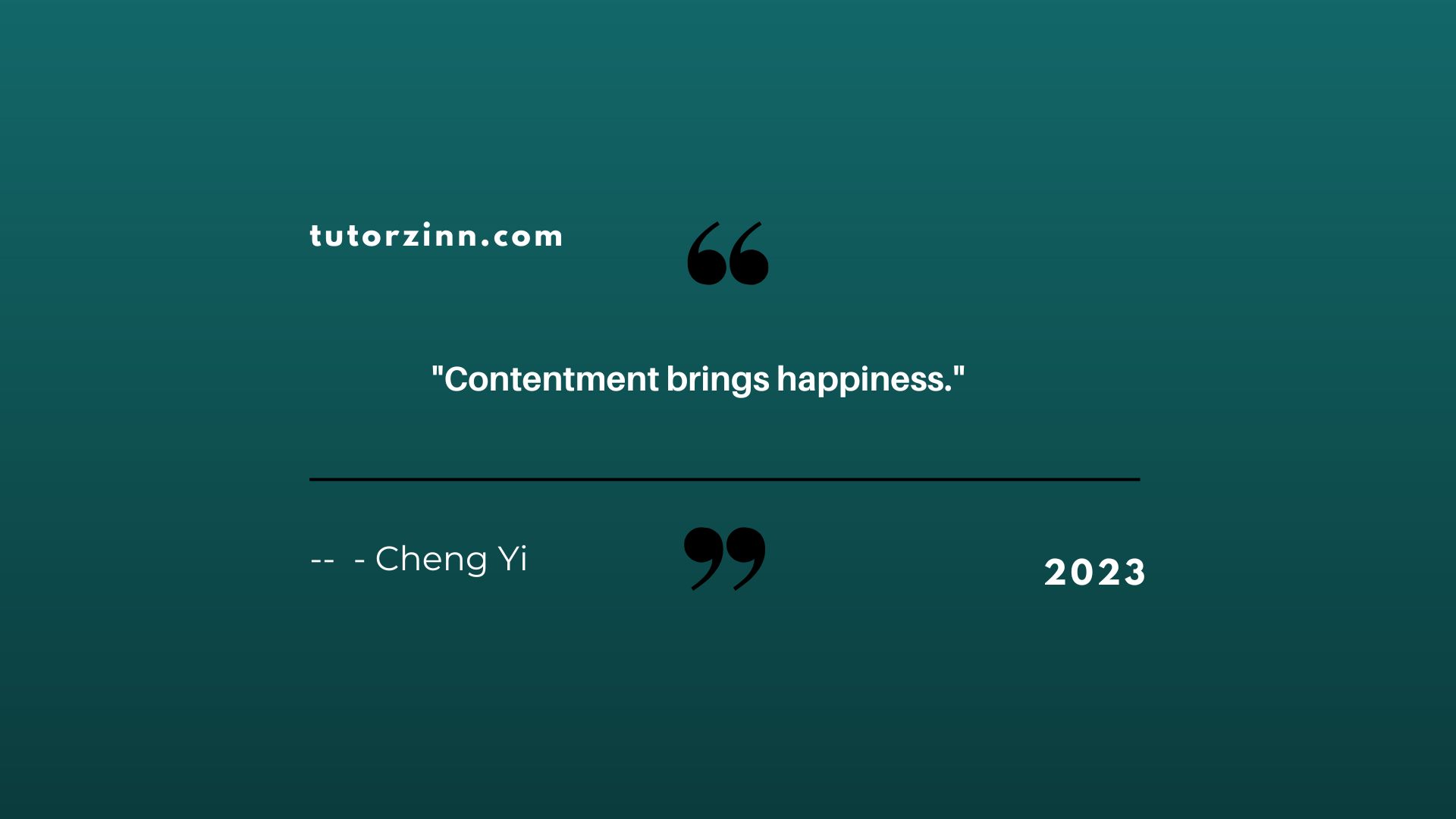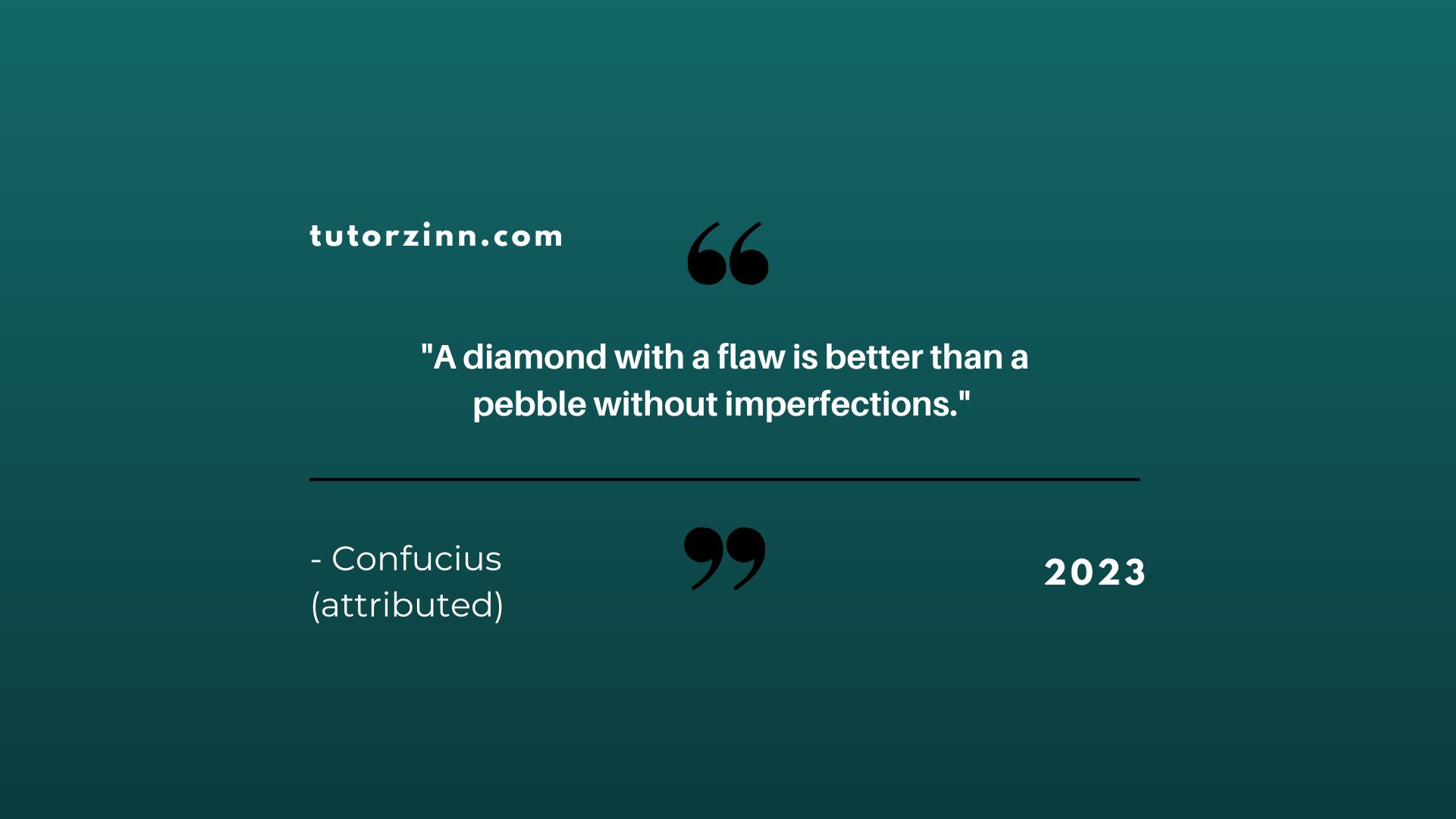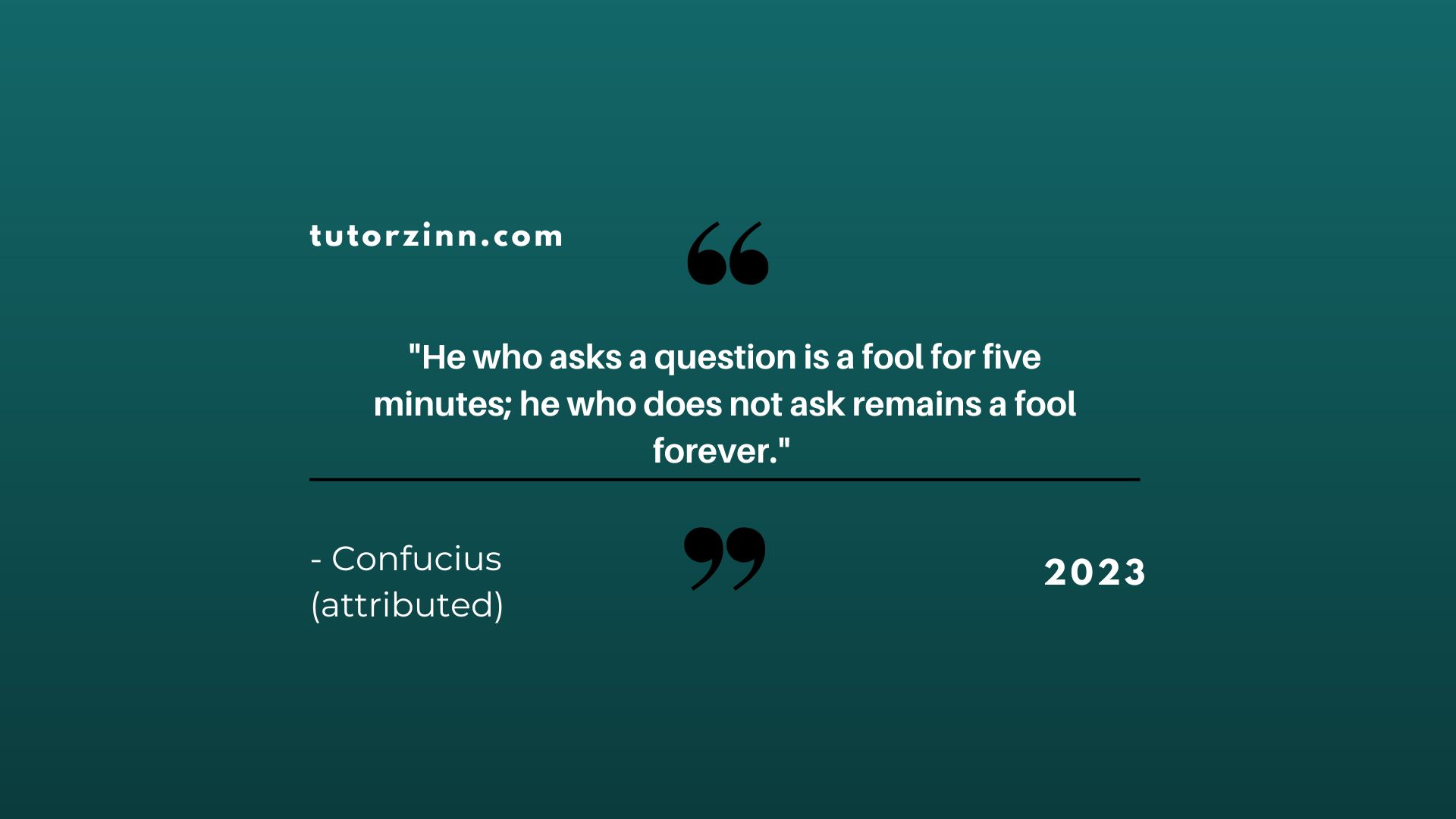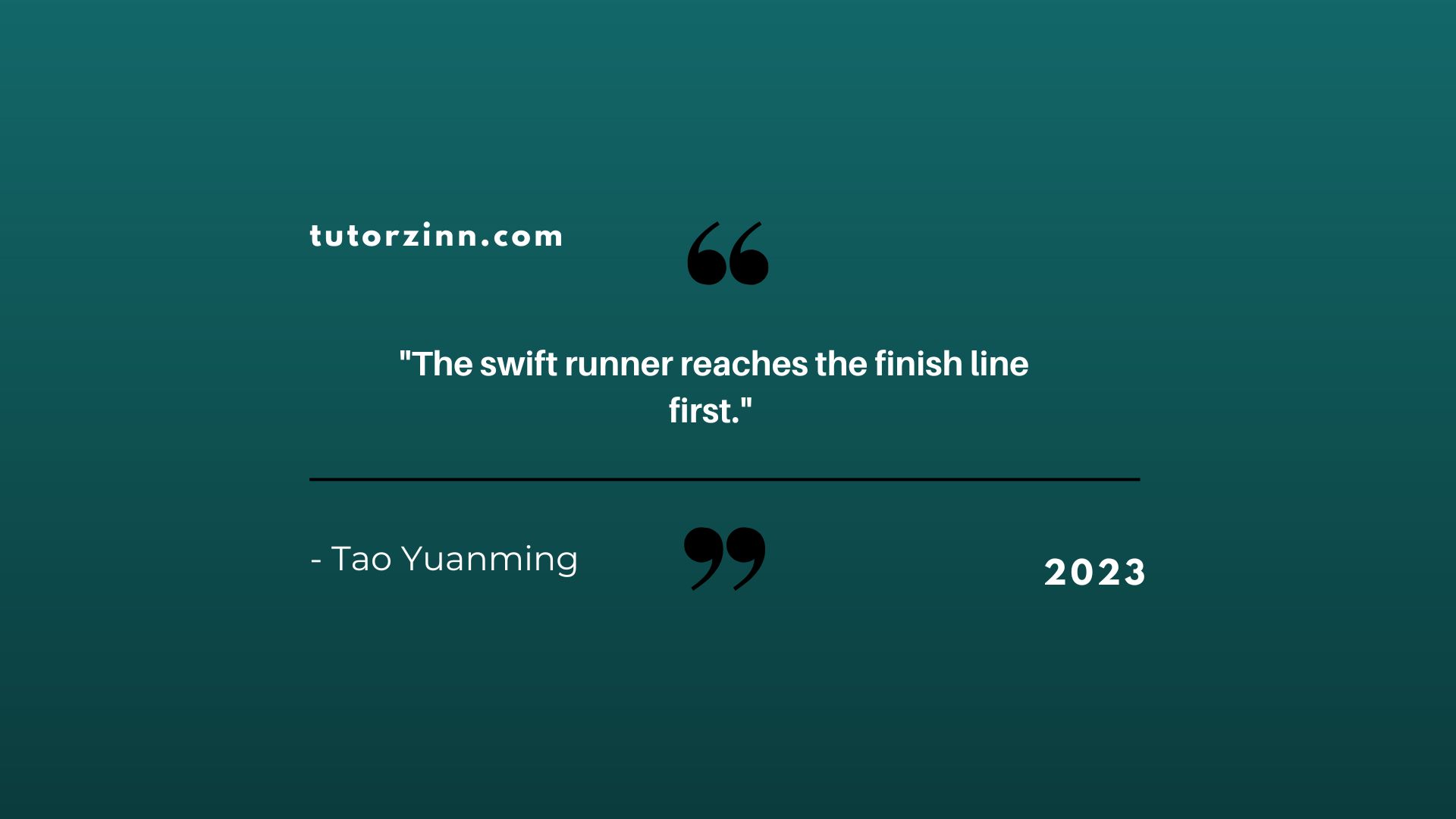“Contentment brings happiness.”
– Cheng Yi
Chinese proverbs are concise and insightful sayings that offer wisdom and guidance for various aspects of life. One such proverb is “Contentment brings happiness,” attributed to Cheng Yi, a prominent philosopher from the Song dynasty. This proverb highlights the importance of finding contentment in one’s circumstances as a key to experiencing genuine happiness. In this article, we will delve deeper into the meaning and implications of this proverb.
I. Understanding Contentment:
Contentment, as depicted in the proverb, refers to a state of satisfaction or acceptance of one’s present circumstances, without the desire for more or constant striving for something different. It emphasizes the idea that true happiness can be attained by appreciating and finding fulfillment in what one already has.
II. The Link between Contentment and Happiness:
The proverb suggests that contentment is a prerequisite for experiencing happiness. Rather than seeking happiness in external achievements or material possessions, Cheng Yi asserts that finding contentment within oneself is the key to lasting happiness. This notion aligns with the philosophy of Taoism, which promotes inner harmony and balance.
III. Cultivating Contentment:
To cultivate contentment, one must develop a mindset of gratitude and mindfulness. This involves acknowledging and appreciating the blessings and joys present in one’s life, regardless of external circumstances. By focusing on the positive aspects and practicing acceptance, individuals can foster a sense of contentment that ultimately leads to greater happiness.
IV. Overcoming the Pursuit of More:
In today’s consumer-driven society, the pursuit of more has become a common mentality. However, Cheng Yi’s proverb reminds us that continually striving for more can lead to dissatisfaction and unhappiness. It encourages individuals to reflect on their desires and reassess whether the pursuit of material wealth or status truly aligns with their inner well-being.
V. Balancing Ambition and Contentment:
While contentment is essential for happiness, it does not imply complacency or the absence of ambition. The proverb invites individuals to strike a balance between contentment and the pursuit of personal growth and improvement. It suggests that ambition and the desire for self-improvement can coexist with contentment, as long as they are not driven solely by external validation or unquenchable desires.
Conclusion:
Cheng Yi’s proverb, “Contentment brings happiness,” serves as a timeless reminder of the importance of finding contentment within oneself. By appreciating the present moment and cultivating a sense of gratitude, individuals can experience true happiness that is not dependent on external circumstances. This proverb invites us to reevaluate our priorities, embrace contentment, and seek fulfillment in the simple joys of life.




